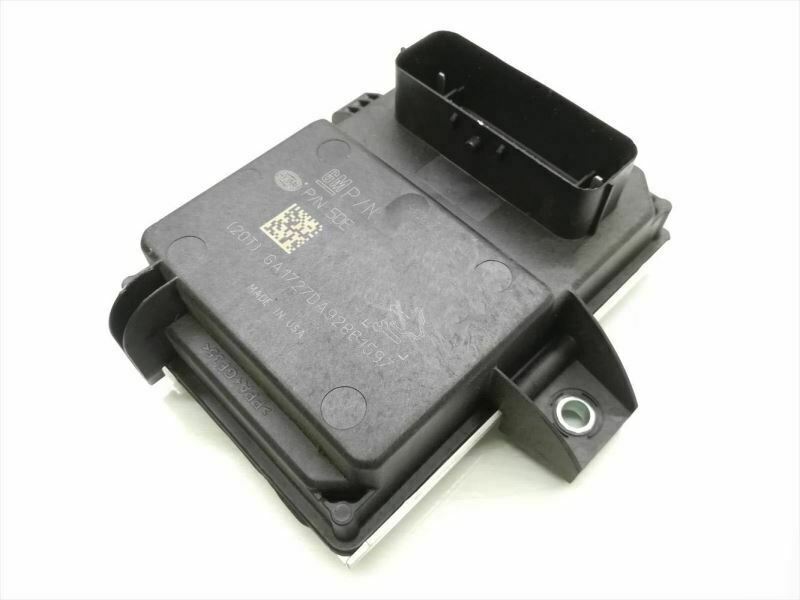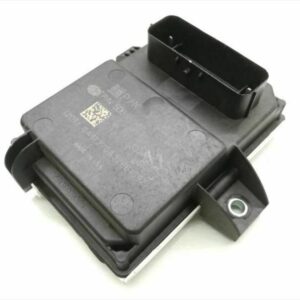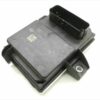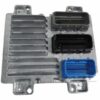Restore Your Impala’s Performance and Reliability
Is your 2014 Impala experiencing frustrating issues like stalling at intersections, hesitating during acceleration, or refusing to start altogether? Before you condemn the fuel pump, the real culprit is often the Fuel Pump Control Module (FPCM), also known as a Fuel System Control Module (FSCM). This critical component regulates the voltage sent to the fuel pump, ensuring your engine receives the precise amount of fuel it needs. When it fails, it can mimic a bad fuel pump, leading to costly misdiagnoses. We offer a dependable, direct-fit solution with this 2014 Impala Fuel Pump Module.
The biggest hurdle with replacing modern electronic modules is the need for expensive, dealer-specific programming. We eliminate that problem entirely. When you purchase this module, we flash it with the latest official GM software, perfectly matched to your vehicle’s VIN. It arrives at your door ready for a true plug-and-play installation, saving you time, money, and a trip to the dealership. This isn’t just a replacement; it’s a permanent fix designed to restore factory performance and efficiency.
Case Study: The Intermittent Stall
A customer brought in a 2014 Impala with a problem that was driving them crazy: it would run perfectly for days, then suddenly stall in traffic and refuse to restart for 10-15 minutes. They had already replaced the fuel pump, but the issue persisted. After hooking up my scan tool, I noticed communication with the FPCM was dropping out intermittently. There was no consistent trouble code, just a history of U0109 (Lost Communication With Fuel Pump Control Module). Instead of throwing more parts at it, we inspected the module. We found no visible damage, but experience has shown these modules can fail internally from heat cycles. We installed one of our pre-programmed FPCMs, and the problem was solved for good. It saved the customer from another expensive, incorrect repair and restored their confidence in the car.
Key Symptoms of a Failing Fuel Pump Module
If your vehicle is showing any of these signs, a faulty FPCM is a highly likely cause. A failing module can set various Diagnostic Trouble Codes (DTCs), so be on the lookout for these common indicators:
- ✔ Engine cranks but will not start
- ✔ Stalling, especially when warm or under load
- ✔ Severe hesitation or sputtering during acceleration
- ✔ Reduced engine power and poor fuel economy
- ✔ Check Engine Light with codes like P069E, P0230, or U0109
A Straightforward Guide to Installation
Installing your new 2014 Impala Fuel Pump Module is a job most DIYers can handle with basic tools. Since it comes pre-programmed, no further steps are needed after installation.
- Safety First: Disconnect the negative terminal from your vehicle’s battery to prevent any electrical shorts.
- Locate the Module: On the 2014 Impala, the FPCM is typically located in the trunk area, behind the trim on the right-hand (passenger side) rear quarter panel.
- Remove the Old Module: Carefully unplug the electrical connectors. Then, unbolt the module from its mounting bracket. Keep the hardware, as you may need to reuse it.
- Install the New Module: Mount your new, pre-programmed FPCM onto the bracket and securely fasten it. Reconnect the electrical connectors, ensuring they click into place.
- Final Steps: Reinstall any trim panels you removed and reconnect the negative battery terminal. Start the vehicle to confirm the repair is complete.
Will This Fit My Vehicle?
This module is a direct replacement for part numbers 22874299 and 22874300 and is guaranteed to fit the following vehicles. Please provide your VIN upon purchase for correct programming.
- ✔ 2014 Chevrolet Camaro (3.6L & 6.2L)
- ✔ 2014 Chevrolet Caprice
- ✔ 2013-2014 Chevrolet Cruze (ID 22874300)
- ✔ 2014 Chevrolet Impala (VIN 1, New Style)
- ✔ 2013-2014 Chevrolet Sonic
- ✔ 2013-2014 Chevrolet Trax
- ✔ 2013-2014 Chevrolet Volt
- ✔ 2013 Chevrolet Orlando
- ✔ 2013-2014 Buick Encore
- ✔ 2013-2014 Buick Verano
- ✔ 2013-2014 Cadillac XTS
Frequently Asked Questions
2014 Impala Fuel Pump Module
What if this doesn’t fix my problem?
While this resolves the most common cause of these symptoms, other issues like a faulty fuel pump, clogged filter, or wiring problems can present similarly. We recommend proper diagnosis. However, this module is a high-probability fix for the listed symptoms.



